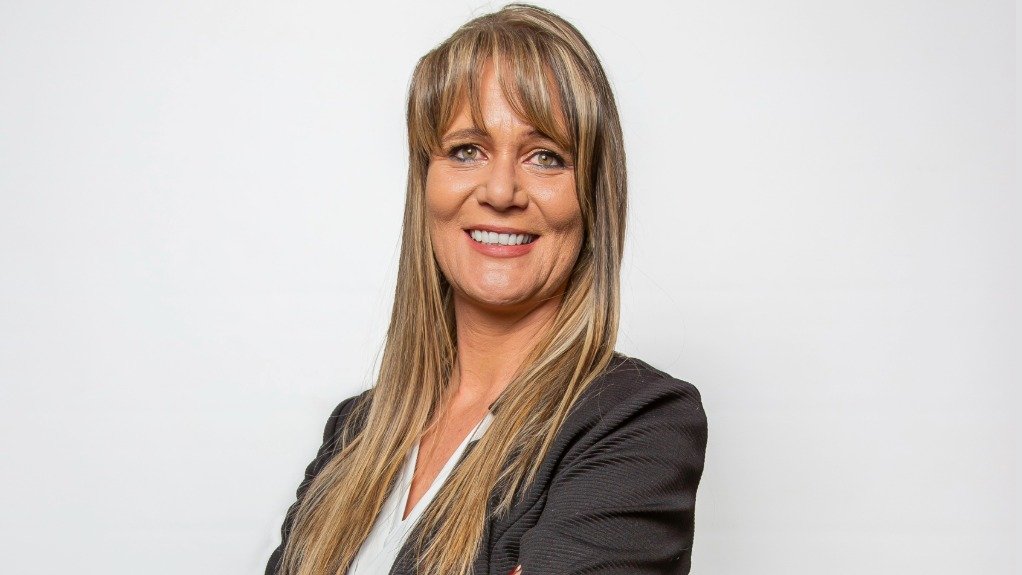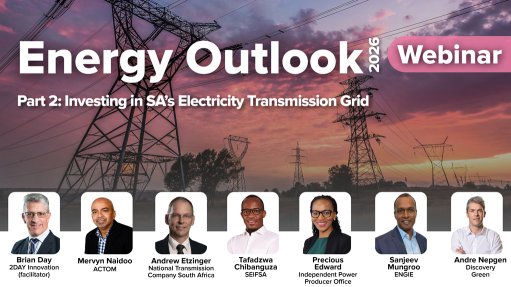Women in Waste: Changing the Face of the Industry
This article has been supplied.
South Africa’s waste management sector is undergoing a major shift. Women are no longer confined to back-office or administrative roles. Today, they’re leading municipal fleet operations, managing large-scale contracts, driving heavy equipment and innovating sustainable solutions.
From strategy to operations, their influence is visible in how companies such as 600SA, a division of CFAO Equipment, are becoming more inclusive, collaborative and innovative.
Sonia Pretorius, National Sales Manager for 600SA, says two decades ago, the idea of a woman managing fleet logistics or operating a refuse compactor was almost unprecedented.
“Today, however, it is increasingly the norm. Consider the role of a controller in waste operations, for example. It is a position that requires the dispatching of technicians, planning routes, quoting, invoicing and ensuring operations run seamlessly. At 600SA, these roles are almost entirely filled by women. It is a precision role and if it is not done properly, the business loses money, time and customers.”
This shift didn’t happen overnight. It started with women entering sales and customer-facing roles. But as the industry matured, so did the roles women played. “Women were given more opportunities. They began to understand the backbone of the business and started to assume more operational roles,” adds Pretorius.
Women are not just filling gaps. They are reimagining how waste businesses operate. They’re leading the charge in operational efficiency, advocating for preventative maintenance contracts and optimising logistics to reduce downtime and penalties.
One example is a female-led operation in Gauteng, which manages a fleet of more than 60 compactors. By opting to have vehicles serviced on Saturdays – an option introduced by 600SA in 2023 – and adopting proactive maintenance schedules, downtime was decreased by 40%.
This mindset shift is driven by collaboration and taking a long-term view. “It is not just about meeting targets or making sales. It is also about leaving a legacy and enhancing sustainability and community impact. That instinct to protect the future is strongly evident in how women run businesses,” notes Pretorius.
With refuse compactors and other equipment becoming more advanced and user-friendly, physical strength is no longer a barrier. Bin lifters, automated loaders and hydraulic systems now allow any trained operator, regardless of gender, to perform efficiently and safely.
“We’ve removed the heavy lifting from waste,” she says. “Now, it’s about skill, training and mindset. Today, many of our operators and waste collectors are women,” says Pretorius.
The same is true for technical maintenance. Machines assist with complex tasks such as tyre changes and hydraulic adjustments. The perception that women cannot handle heavy-duty tasks is rapidly becoming outdated.
Although women are making significant strides in the industry, cultural and systemic barriers occasionally create challenges - whether not always being taken seriously in professional settings or encountering biases in recruitment. These hurdles are gradually being dismantled, but there is still progress to be made.
“There is still an unconscious bias,” says Pretorius. “Even in mentorship. We need more women mentoring women. When asked who we admire, we – the women – still name men and that must change.”
She says conversations are shifting. 600SA recently launched an internal campaign focused on real conversations around mental health, vulnerability, support and productivity. “We were shocked at how much we didn’t know about each other, but these conversations are now creating tighter teams and a stronger business.”
For operations such as 600SA, inclusion isn’t a checkbox; it’s a business strategy. The company actively supports women in technical training, leadership development and operational roles. “It’s about equal opportunity and access to training, regardless of gender,” notes Pretorius.
Women in waste are not just participating; they’re redefining the game. And as their influence grows, so does the industry's potential for innovation, sustainability and meaningful change.
Article Enquiry
Email Article
Save Article
Feedback
To advertise email advertising@creamermedia.co.za or click here
Comments
Press Office
Announcements
What's On
Subscribe to improve your user experience...
Option 1 (equivalent of R125 a month):
Receive a weekly copy of Creamer Media's Engineering News & Mining Weekly magazine
(print copy for those in South Africa and e-magazine for those outside of South Africa)
Receive daily email newsletters
Access to full search results
Access archive of magazine back copies
Access to Projects in Progress
Access to ONE Research Report of your choice in PDF format
Option 2 (equivalent of R375 a month):
All benefits from Option 1
PLUS
Access to Creamer Media's Research Channel Africa for ALL Research Reports, in PDF format, on various industrial and mining sectors
including Electricity; Water; Energy Transition; Hydrogen; Roads, Rail and Ports; Coal; Gold; Platinum; Battery Metals; etc.
Already a subscriber?
Forgotten your password?
Receive weekly copy of Creamer Media's Engineering News & Mining Weekly magazine (print copy for those in South Africa and e-magazine for those outside of South Africa)
➕
Recieve daily email newsletters
➕
Access to full search results
➕
Access archive of magazine back copies
➕
Access to Projects in Progress
➕
Access to ONE Research Report of your choice in PDF format
RESEARCH CHANNEL AFRICA
R4500 (equivalent of R375 a month)
SUBSCRIBEAll benefits from Option 1
➕
Access to Creamer Media's Research Channel Africa for ALL Research Reports on various industrial and mining sectors, in PDF format, including on:
Electricity
➕
Water
➕
Energy Transition
➕
Hydrogen
➕
Roads, Rail and Ports
➕
Coal
➕
Gold
➕
Platinum
➕
Battery Metals
➕
etc.
Receive all benefits from Option 1 or Option 2 delivered to numerous people at your company
➕
Multiple User names and Passwords for simultaneous log-ins
➕
Intranet integration access to all in your organisation





















